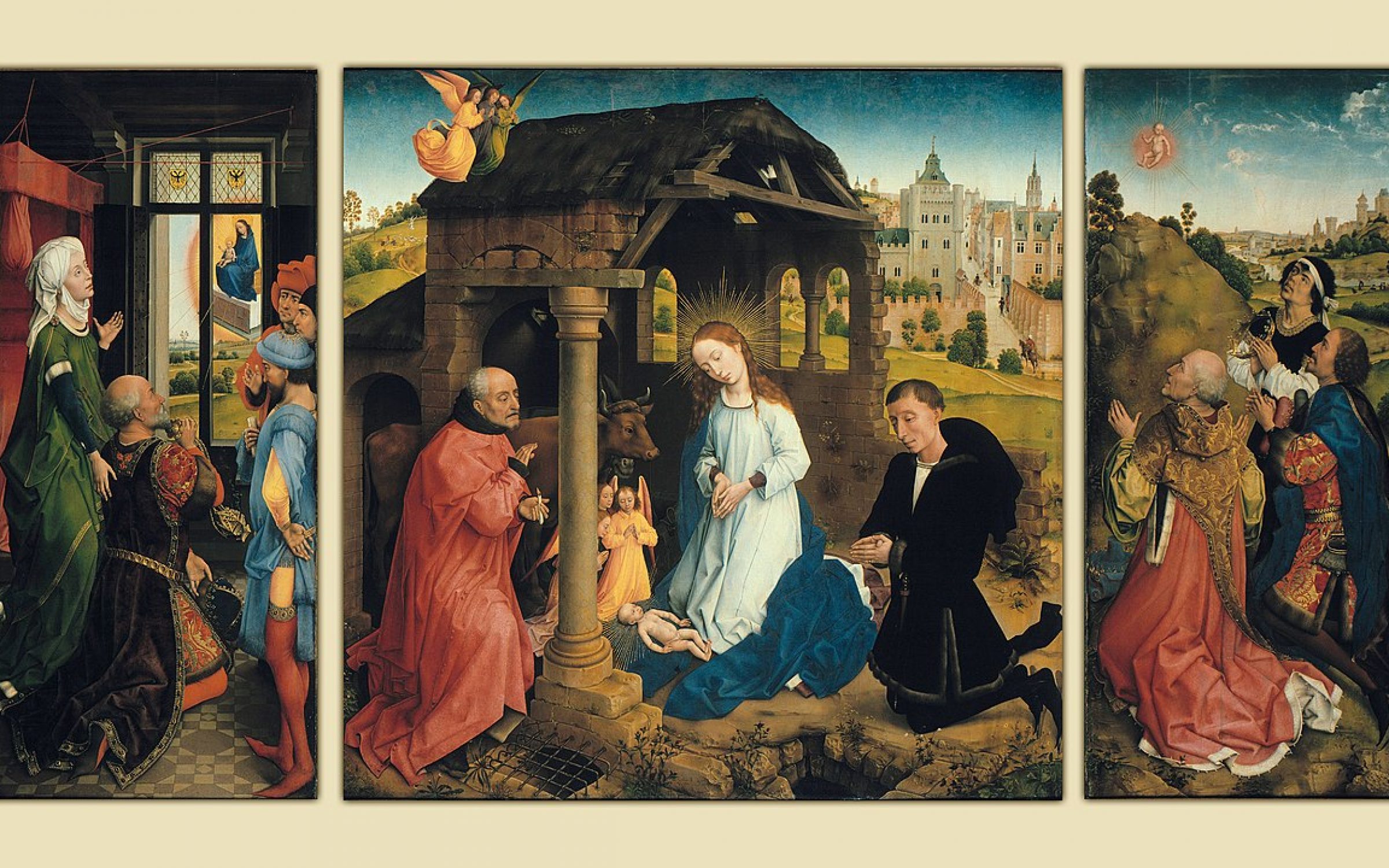When was the first Christmas? On what date, historically, was Christ born? Although the Saviour’s birth has traditionally been celebrated on 25 December, the passing of the centuries has only created confusion, rather than additional clarity. This detail, of course, is peripheral to the main concerns of the Christian faith, but it is a legitimate study – even a challenge – for scholars to establish the facts connected with this major event in history.
Until recently, such efforts have not fared well. The situation was further obfuscated in the late 19th century when the traditional dating derived from Dionysius Exiguus in the early Christian era was challenged by E. Schürer, who found from old astrological almanacs an eclipse of the moon, visible from Jerusalem in March of 4 BC and used this to place the death of Herod the Great in 4 BC, so that the birth of Christ would have been as early as 5-6 BC. The scriptural authorities for the Nativity are Saints Matthew and Luke, but unfortunately they were seldom precise about dates, with one exception. It is frustrating for historians to read the scrupulous exactitude with which St Luke records the date when St John the Baptist began his ministry – important as the start of Christian evangelisation – contrasted with the lack of detail regarding the Nativity: “In the fifteenth year of the reign of Tiberius Caesar, Pontius Pilate being governor of Judea, and Herod being tetrarch of Galilee, and Philip his brother tetrarch of Iturea and the country of Trachonitis, and Lysanias tetrarch of Abilina, under the high priests Annas and Caiphas; the word of the Lord was made unto John, the son of Zachary, in the desert.” (St Luke, 3)





